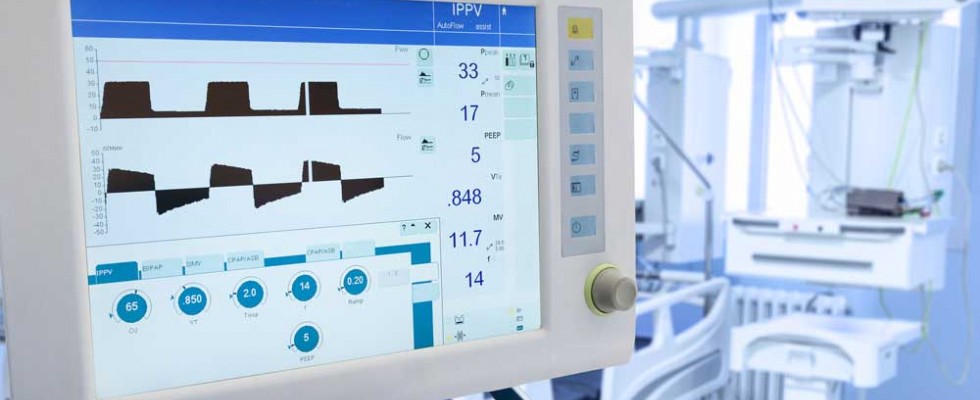
It is an understatement to say that what the country is going through is unprecedented. While the press understandably describes hospitals as being on the frontline in the fight against the novel coronavirus (COVID-19), it is apparent that durable medical equipment (DME) suppliers are also on the frontline. DME suppliers are providing (and maintaining) respiratory equipment for patients in their homes.
The products and services provided by suppliers are keeping a number of patients out of the hospital. Now, in an interesting (but not unpredictable) twist, hospitals are asking DME suppliers to rent respiratory equipment to them—so that the hospitals can, in turn, take care of the influx of COVID-19 patients. We have witnessed DME suppliers stepping up to accommodate the hospitals.
The legal question becomes: If a hospital is going to rent equipment from a DME supplier, then what kind of contract do the hospital and DME supplier need to sign? The answer is an Equipment Lease Agreement (ELA). The ELA needs to have the following provisions that are designed to protect the DME supplier:
- Description of Equipment—The equipment to be leased needs to be described in an exhibit to the ELA. For each item listed in the exhibit, the following information needs to be included: (i) name of the item; (ii) serial number; (iii) accessories; and (iv) condition.
- Term—Hopefully, the country will have COVID-19 under control in the near future. As such, the term can be relatively short and can have automatic renewals.
- Termination—In order to give flexibility to the parties, the ELA should allow each party to terminate the ELA without cause upon giving prior written notice to the other party.
- Rent—The rent needs to be fair market value (FMV). If the rent is below FMV, then kickback issues will arise (e.g., the hospital is a referral source to the DME supplier and below FMV rent constitutes “something of value” from the DME supplier to a referral source). The hospital should be required to pay a late fee and interest if rent payments are late.
- Delivery of Damaged Equipment—If the DME supplier delivers a damaged item, then the hospital needs to let the supplier know within 24 hours.
- Ownership of Equipment—Title to the equipment will remain with the DME supplier.
- Risk of Loss—The hospital will be responsible for (i) loss of equipment, (ii) destruction of equipment, and (iii) damage to equipment.
- Legal Responsibility—The hospital is responsible for any injury suffered by the patient as a result of using the equipment.
- Repairs and Maintenance—The DME supplier will be responsible for repairs to and maintenance of the equipment resulting from the normal use of the equipment. The hospital will be responsible for repairs to and maintenance of the equipment resulting from negligence or abuse by the hospital or its patient.
- Return of Equipment—At the end of the lease, the hospital will surrender the equipment to the DME supplier in good condition, ordinary wear and tear excepted.
- Disclaimer of Warranties—The hospital disclaims warranties pertaining to the equipment, including the warranty of merchantability and the warranty of fitness for any particular purpose.
- Indemnification—The hospital indemnifies the DME supplier from any liability arising out of the negligence of the hospital, its employees and its patients. The DME supplier indemnifies the hospital for the negligence of the DME supplier.
This article originally appeared in Medtrade Monday, a publication of Emerald Expositions, LLC.
